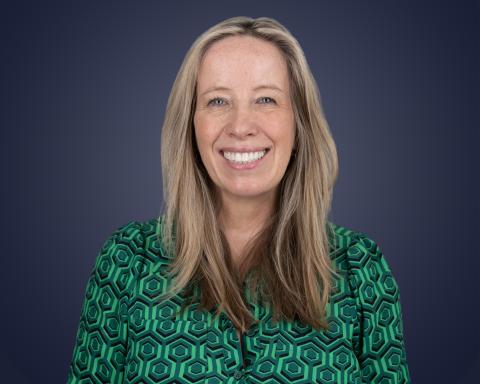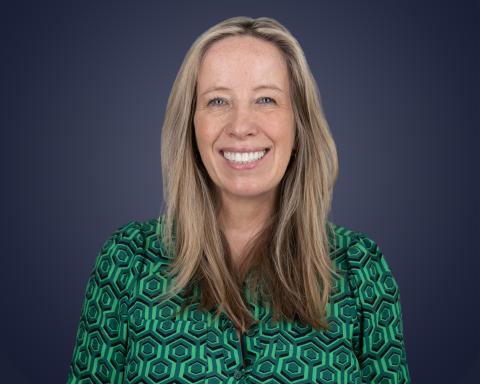Vodafone's headline revenue growth of +3.7% is actually a small decline once Rest of World exchange depreciation is accounted for. Europe, however, delivered an improving revenue trend to +0.4%, as signalled at Vodafone's FY results announcement.
The mix and operating trends are less positive, with growth driven by low-margin B2B, and subscriber losses accelerating in German fixed. Investors will be weighing up whether these results are green shoots of a recovery or another false dawn.
Although the company may reach its guided EBITDA on assumed exchange rates, it looks set to fall short in euro terms, which has implications for FCF and dividend cover.


